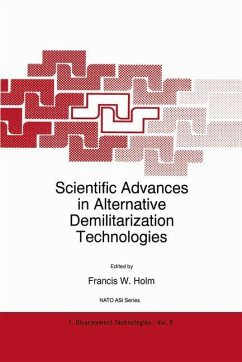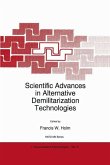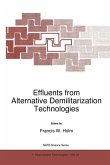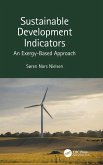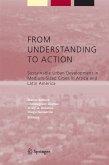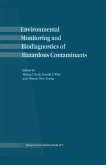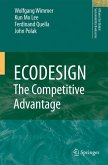FRANCIS W. HOLM Science Applications International Corporation 7102 Meadow Lane, Chevy Chase, MD 20815 The North Atlantic Treaty Organization (NATO) sponsored an Advanced Research Workshop (ARW) in Warsaw, Poland on April 24-25, 1995, to collect and study information on alternative and supplemental demilitarization technologies. The conference included experienced scientists and engineers, who delivered presentations and provided written reports oftheir findings. Countries describing their technologies included: Poland (pre-processing, thermal oxidation, and instrumentation), Russia (molten salt oxidation, plasma, catalytic oxidation, supertoxicants, molten metal, fluid bed reactions, and hydrogenation), Germany (supercritical water oxidation and detoxification), the United Kingdom (electrochemical oxidation), the United States (wet air oxidation, detoxification and biodegradation), and the Czech Republic (biodegradation). The technologies identified for assessment at the workshop are alternatives to incineration technology for chemical warfare agent destruction. Treatment of metal parts and explosive or energetic material were considered as a secondary issue. The treatment of dunnage and problems associated with decontamination, while recognized as an element of demilitarization, received only limited discussion. The alternative technologies are grouped into three categories based on process bulk operating temperature: low (O-200°C), medium (200-600°C), and high (600-3,500°C). Reaction types considered include hydrolysis, oxidation, electrochemical, hydrogenation, and pyrolysis. These categories represent a broad spectrum of processes, some of which have been studied only in the laboratory and some of which are in commercial use for destruction of hazardous andtoxic wastes. Some technologies have been developed and used for specific commercial applications.
Hinweis: Dieser Artikel kann nur an eine deutsche Lieferadresse ausgeliefert werden.
Hinweis: Dieser Artikel kann nur an eine deutsche Lieferadresse ausgeliefert werden.

